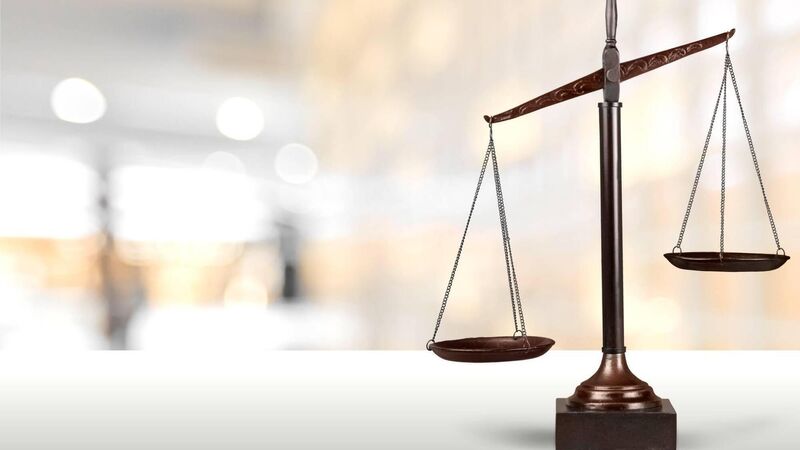Defamation Bill to leave statute of limitations unchanged

Defamation is the strand of law concerning a person’s right to a good name, something they are entitled to defend in the courts.
The Government’s new Defamation Bill is to leave the statute of limitations for taking a defamation action unchanged at one year, despite concerns that this is "too short".
The new Defamation (Amendments) Bill is set to be published by the Department of Justice this week.










